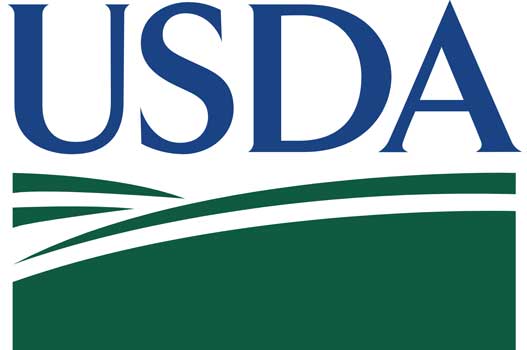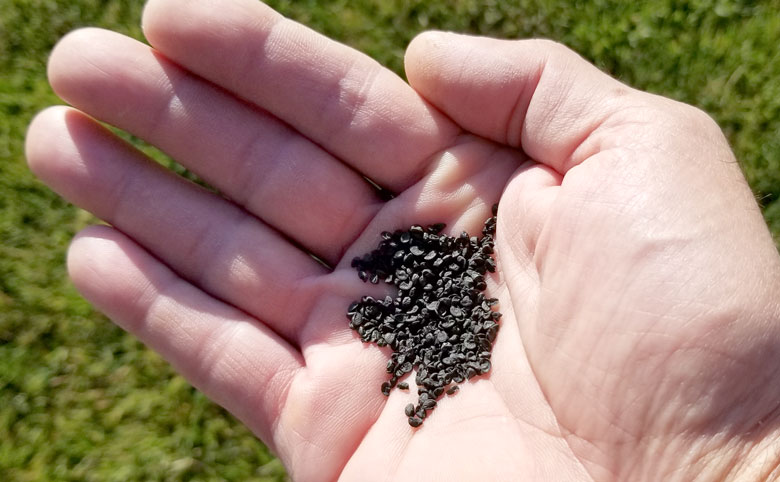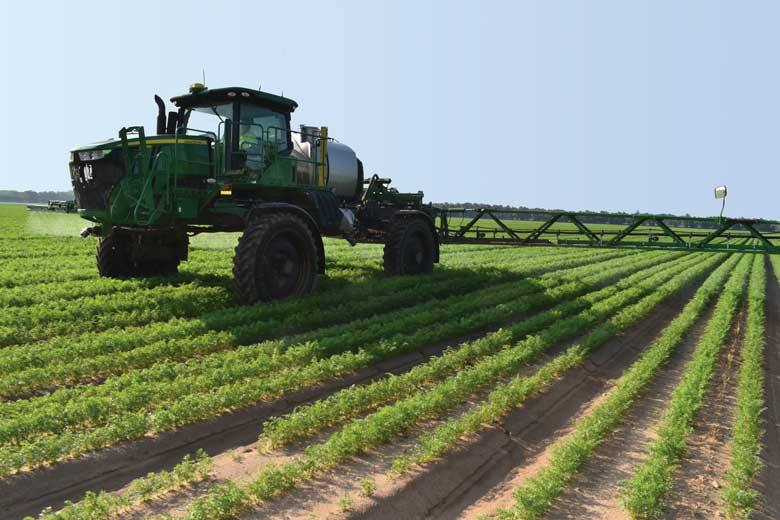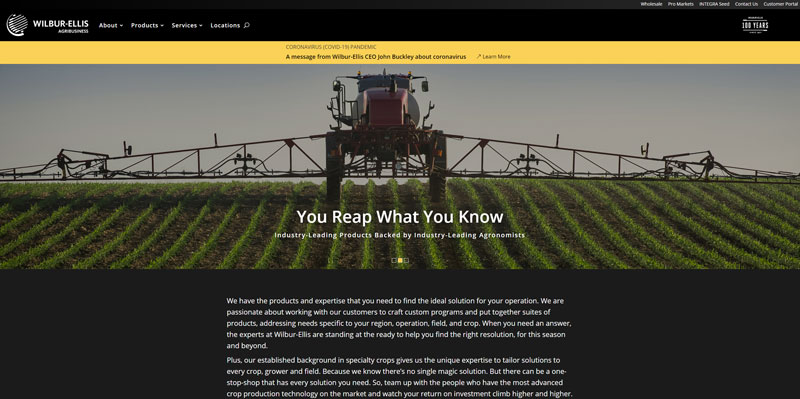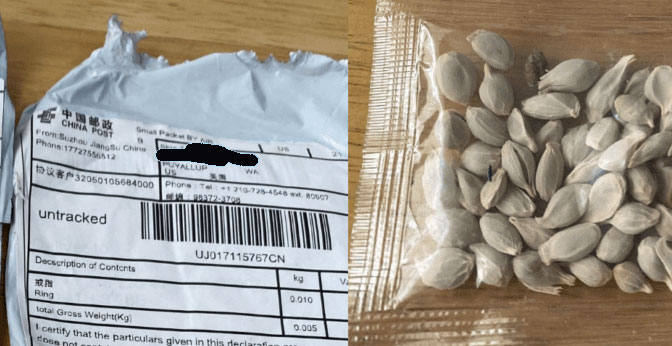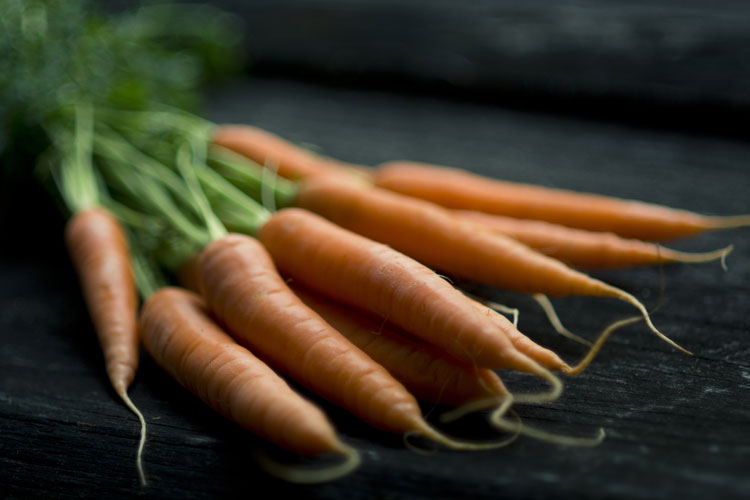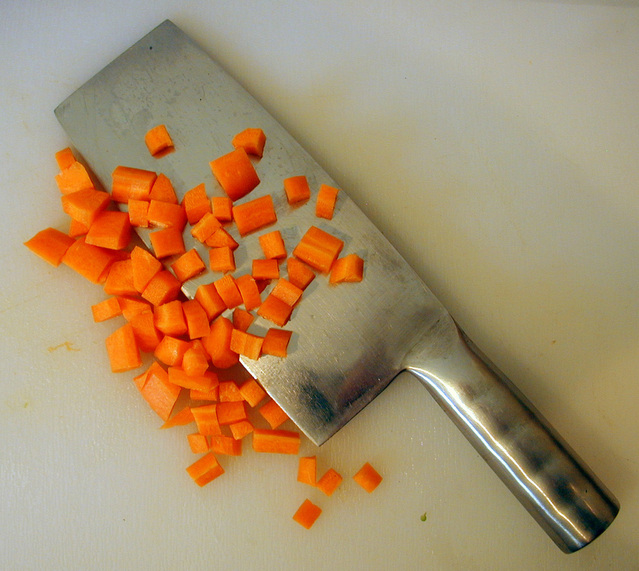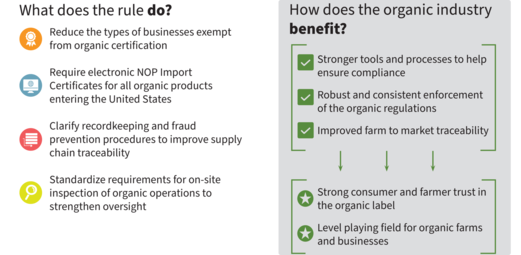The U.S. Department of Agriculture (USDA) announced a new annual survey of farmers, ranchers and private forestland owners.
The survey will help USDA understand what it is doing well and where improvements are needed, specifically at the Farm Service Agency (FSA), Natural Resources Conservation Service (NRCS) and Risk Management Agency (RMA).
A selection of 28,000 producers will receive the survey over the next few weeks, but all farmers are encouraged to take the survey at farmers.gov/survey.
“We want to hear from our customers so we can learn what we’re doing right and where we’re missing the mark,” Under Secretary for Farm Production and Conservation Bill Northey said. “Good data is critical to good decision-making. The more responses we receive, the better we can understand what we need to do to improve our services to America’s farmers, ranchers and private forestland owners.”
The survey consists of 20 questions and takes approximately 10 minutes to complete. Responses are confidential, and individual responses will be aggregated.
The survey will be open for at least six weeks and will be closed once USDA receives a 30% response rate.
Learn more and take the survey at www.farmers.gov/survey.
